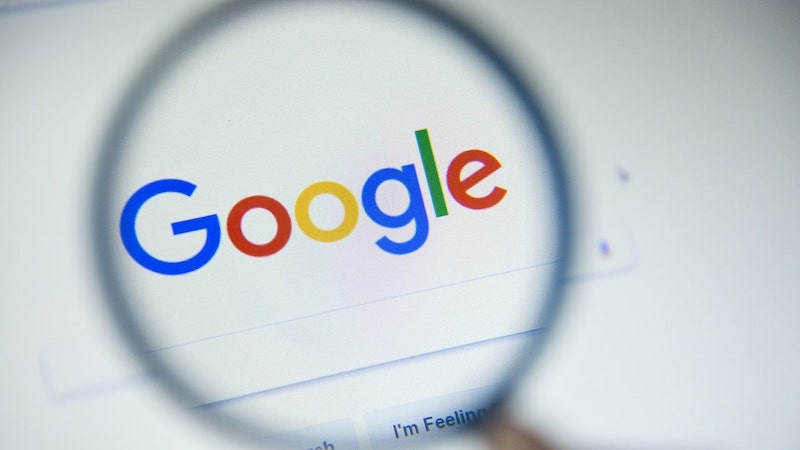Do you know, dear readers, those films in which a character is left free to participate in an event that is important to him, but the police forces who are keeping an eye on him are already ready to arrest him once the event ends?
With due proportions, and considering that there is no arrest nor any certain sanction in sight, let’s say that Google finds itself in a somewhat similar situation. Just enough time to celebrate his first 25 years, and he will have to face a trial that promises to be historic.
Google trial which will start on Tuesday 12 September, but which originates from an investigation launched by the American antitrust as early as 2019. And the outcome of which could have enormous symbolic significance. That is, it could decide that big tech companies must also be subject to anti-monopoly regulations.
Let’s chronologically retrace the Google trial, which will begin on September 12, and then see what consequences it could have.

First date to remember: 1890
It’s not a misprint: 1890. And yes, we are aware that there was no Internet back then.
But this is the year in which the Sherman Antitrust Act was passed in the USA law designed to combat commercial monopolies and oligopolies. And if a regulation from over one hundred and forty years ago is brought into play, it is because in the United States today there is still a lack of ad hoc regulation for digital companies.
Second date to remember: 1998
The Sherman Act has so far only applied once to tech companies.
It was 1998 (the year Google was founded, by the way) and Microsoft was accused of abusing its dominant position for having imposed its Explorer browser on Windows customers. And it risked being split into two separate companies, precisely to avoid future monopoly risks.
Third date to remember: 2019
Twenty-one years later, in 2019, here we are at the first steps of what from Tuesday 12 September will materialize as a massive trial against Google.
The investigation began under the presidency of Donald Trump, and in October 2020 – in the run-up to Joe Biden’s election – it turned into a formal complaint.
The complaint sees 35 states of the Union among the accusers. The three law firms involved produced something like 5 million pages of documents. There will be around 150 people to listen to.
The accusations
The trial against Google is based on accusations similar to those of 1998 against Microsoft.
What is being called into question is the company’s absolute dominance on the market. Google holds around 90% of the global market, but how did it get this position?
According to those who point the finger at the Mountain View company, not only on merit. But also for having ousted its competitors (think for example of Microsoft’s Bing) by paying astronomical sums to Apple, Samsung, LG and Motorola. We’re talking about 45 billion dollars a year, in exchange for installing Google as the default search engine on all their devices.
The US Department of Justice wrote in the lawsuit: “Two decades ago, Google became the darling of Silicon Valley, a startup with an innovative way to do research on the emerging Internet. That Google hasn’t been around for a long time.”
The key figures in the trial against Google
The trial against Google was entrusted to fifty-two-year-old judge Amit Methawhich since the start of the investigation has reduced the charges against Google from seven to three.
Another fundamental and controversial figure is Google’s main accuser, Jonathan Kanter, antitrust manager of the Ministry of Justice. Sundar Pichai’s company pointed out a sort of conflict of interest in Kanter, who in the past was a lawyer for Microsoft.
What could happen (and change)
The Google trial could set an important precedent. Especially because in the US the rules against the excessive power of big tech are decidedly mild. And so far they have limited themselves (think of the Microsoft-Activision deal) to hindering acquisitions and mergers that could have led to a position of hegemony on the market.
Now instead the attention shifts to monopolistic conduct, to protect consumers and companies which are prevented from emerging.
Monopoly is therefore no longer seen as harmful to the consumer only in the sense of an increase in prices, but also as a limitation of his freedom of choice.















Leave a Reply
View Comments